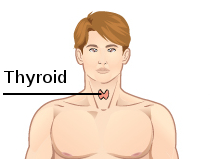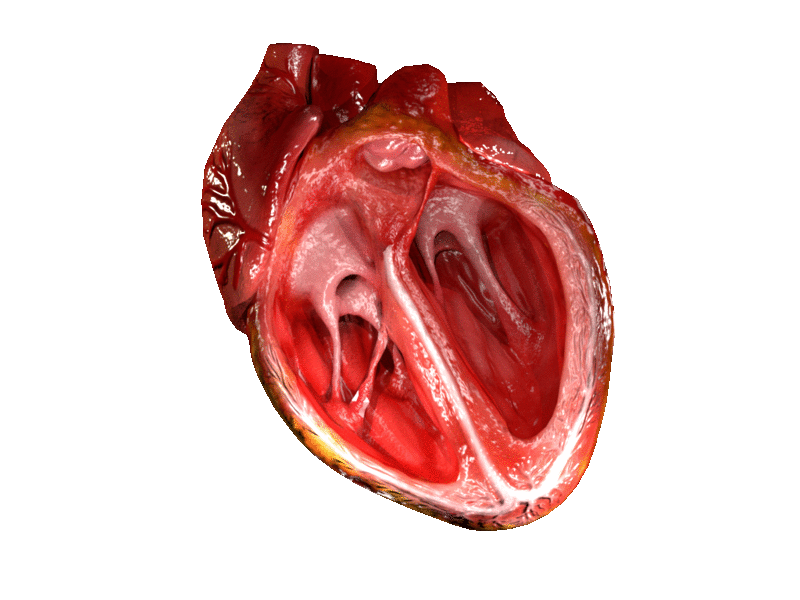Primary Preventive Measures for Leading a Healthy Life

Neucrad Health News Desk February 7, 2020
Everyone has heard the proverb that ‘Health is wealth.” However, amidst the complexities of modern life, we often miss out on the efforts of maintaining a well-nourished disease-free system. Top-rated doctors advocate people to invest in a healthy lifestyle to retain an active life during advanced age. It starts with half-an-hour of working out, preferably in the morning, to eating a balanced diet and refraining from unhealthy choices like smoking or substance abuses. There are few body parameters like standard BMI level, thyroid hormones level, and lipid profile which dictates our health to a considerable extent. Have a look at these factors and how they interfere with the functioning of our system.
Body Mass Index (BMI)
BMI or body mass index provides us with a measure of our body size. It takes into consideration the bodyweight of individuals and their height. One of the most important factors of leading a healthy life is maintaining the bodyweight within the standard range. A very high BMI can lead to medical conditions like high blood pressure, type 2 diabetes, and heart ailments. A too low BMI, on the contrary, can enhance the risk of malnutrition, anaemia, and osteoporosis. You can calculate the BMI in metric units (BMI = weight in kg/ square of their height in meters). There is also an imperial formula for measuring this value (BMI = weight in lbs x 703/height inches2). If the BMI value is less than 18.5, you are underweight. A value between 18.5 to 24.9 suggests that you are healthy. BMI between 25 to 29.9 points that you are overweight and a value above 30 means the candidate is obese.
Thyroid Function Test

The thyroid gland is one of the most crucial endocrine glands present in the human body. It is a butterfly-shaped organ present in front of the neck. The endocrine gland secretes two important hormones- triiodothyronine (T3) and thyroxine (T4). They help to regulate metabolism and the level of adrenaline (also called epinephrine) and dopamine in blood circulation. However, the activity of the thyroid gland itself gets regulated by another crucial gland called pituitary gland in the brain. It secretes a hormone called thyroid-stimulating hormone (TSH) to enhance the activity of the thyroid gland. If the T3 and T4 level exceed the standard range, then it leads to a condition called hyperthyroidism. It can cause anxiety, irritability, sweating, hair loss, and light menstrual periods. Too little T3 and T4 level are known as hypothyroidism; it can cause depression, fatigue, difficulty in concentration, joint and muscle pain, and heavy periods. Maintaining the thyroid hormones within the standard range is essential for leading a healthy life.
Maintaining Cholesterol within Standard Range

Cholesterol is a waxy, lipid-like component present in the cells. The human body requires this compound for the production of various types of hormones and vitamin D. Our liver manufactures approximately 80 per cent of the total cholesterol content; the rest 20 per cent comes from food sources like eggs, fish, meat, poultry, and dairy products. It is essential to maintain cholesterol within the standard range as they tend to combine with other components of blood and develop plaque within arteries. It increases the risk of peripheral artery diseases, cardiac ailments, and stroke. There are various types of cholesterol- low-density lipoproteins (LDL), high-density lipoproteins (HDL), and very-low-density lipoproteins (VLDL). Ideally, the cholesterol value in blood circulation should be below 200 mg/dL. If it ranges between 200 and 239 mg/dL, doctors term it as borderline high. Under no circumstances, the value should increase more than 240 mg/dL. You need to regularly monitor these values and visit a doctor if you find the cholesterol level exceeding the standard range.
These were some of the crucial parameters which you should keep in mind to lead a healthy and active life.








